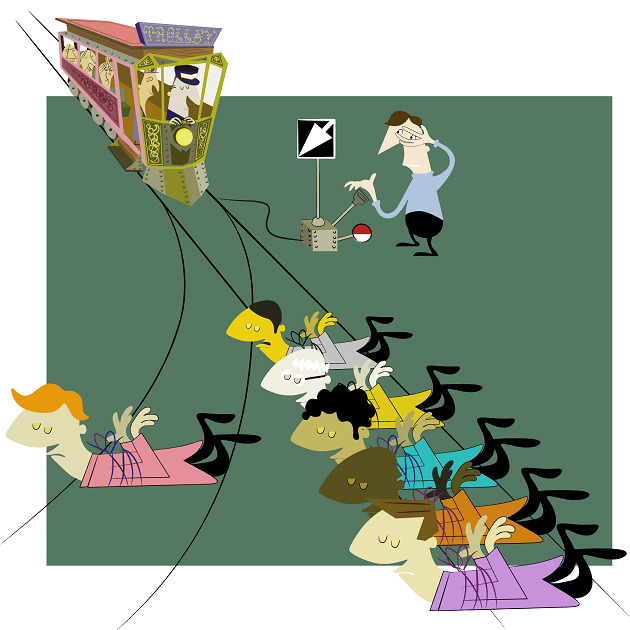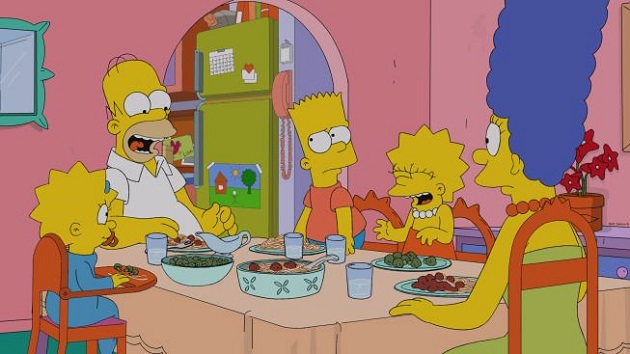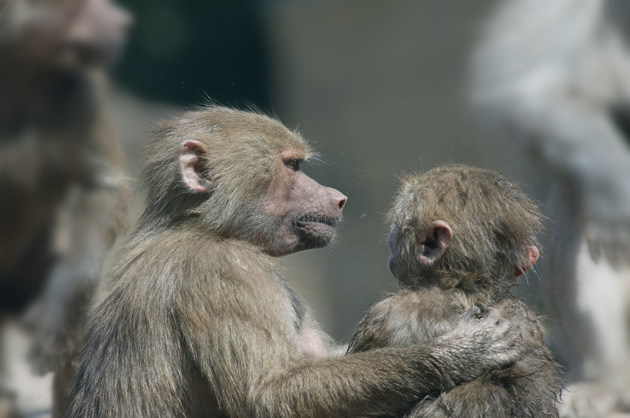This morning, everybody is talking about Matthew McConaughey’s folksy, funny, and kinda preachy Oscar acceptance speech.
In it, McConaughey did something you rarely hear in one of these: He crossed the streams of science and religion. Specifically, after thanking God, McConaughey added that “He,” with the super big capital H, “has shown me that it’s a scientific fact that gratitude reciprocates.”
What is McConaughey talking about?
Turns out he isn’t just winging it: A decade of research has defined gratitude as a social emotion that, while related to empathy, is nonetheless distinct from it. Feeling gratitude helps bind us to our groups and communities and enhances social relationships. And it isn’t just humans: Primatologist Frans de Waal has observed behaviors that look a heck of a lot like gratitude in chimpanzees, who are more likely to share food with other chimps who have recently groomed them.
What’s the payoff of feeling grateful, of “paying it forward,” and of helping out those who help you? The research suggests more hope and optimism, a better ability to manage stress, a tendency to exercise more and even sleeping better. And while not all of us are as naturally adept at feeling grateful, the research also suggests there are interventions you can do to turn your life on a more thankful path: Simply writing down the things you’re thankful for, on a regular basis, seems to bring on these benefits.
On the Thanksgiving episode of Inquiring Minds last year, we discussed this growing body of research suggesting that the emotion of gratitude has many beneficial effects, singling out one recent gratitude study in particular, which showed a link between feelings of gratitude and the avoidance of risky behaviors like using drugs and engaging in teenage sex in African American youth. (The study did not, however, establish causation.) The discussion starts roughly at minute 3:
For a much fuller explanation of the science of gratitude, here’s a piece I wrote last year for Nautilus, unpacking all of this a bit more.
Obviously, a lot of people, like McConaughey, want to hop on board this research and ride it to a religious destination. But you don’t have to, because thankfulness can certainly occur outside of a faith-based context.
In other words, there was a gem of wisdom in McConaughey’s speech that, religious or not, you can put to good use.







